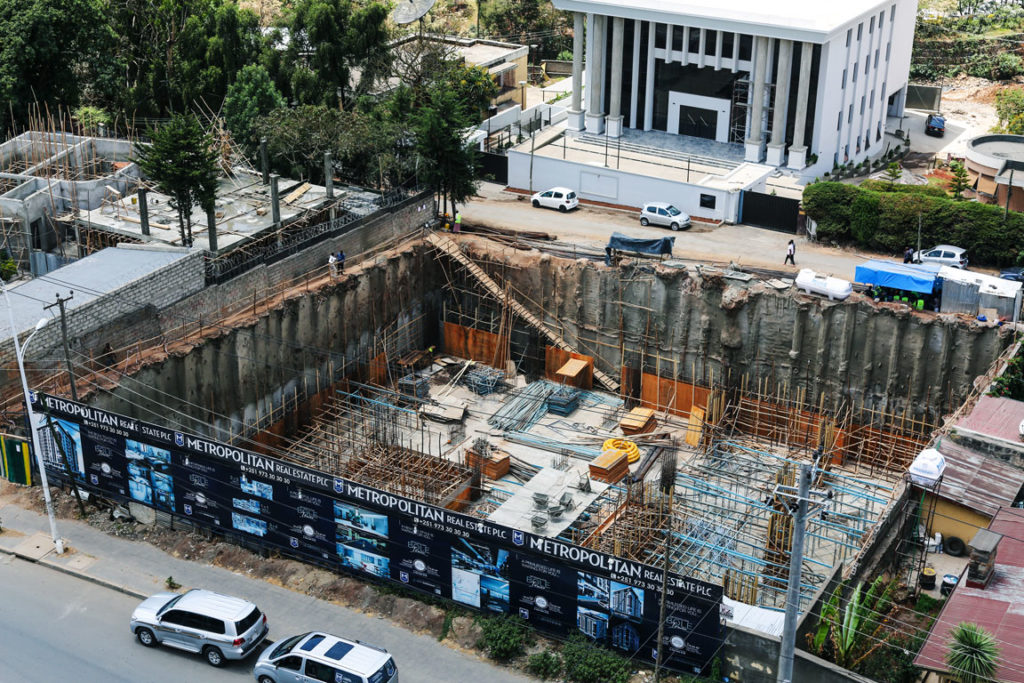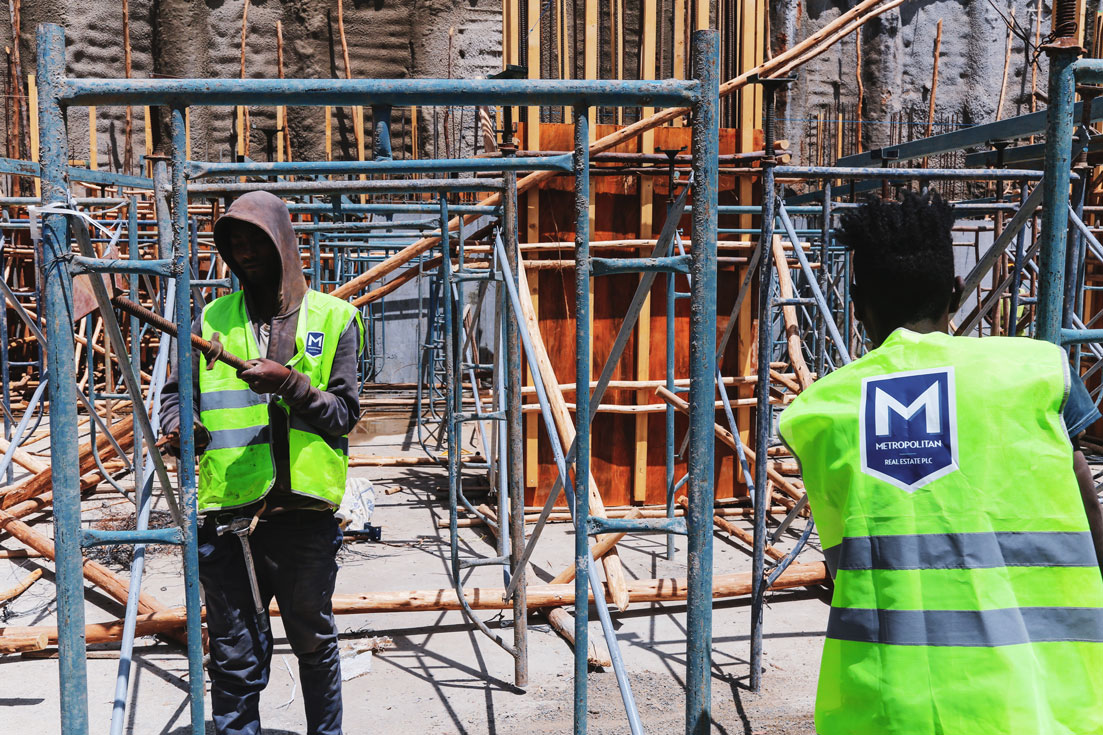Ethiopia is the second-most populous and the fifth least urbanized country in Africa. Just 21% of the population lives in cities, well below the sub-Saharan Africa average of 40.4%. In a context where the government owns all urban land and exerts considerable control on development since 2006 Ethiopia has undertaken an ambitious housing program to significantly increase the quantity of affordable urban housing units, although challenges remain. Ethiopia’s housing policy framework is characterized by measures promoting homeownership, and private housing developers primarily target high-income households. The Ethiopian construction industry is expected to expand by 4.7% in real terms in 2021 – up from a growth rate of 3.1% in 2020.
Construction activities held up relatively well despite the outbreak of the Coronavirus (COVID-19) pandemic. The government did not impose a strict lockdown in response to the outbreak, and although it imposed a state of emergency in early April 2020, construction activity was encouraged to continue during the crisis, which helped industry output growth in 2020. The Ethiopian construction industry expects to register an annual average growth of 8.3% between 2022 and 2025, supported by investments in transport, electricity, tourism, manufacturing, and industrial park projects. The construction industry’s growth over the long term will also be supported by the government’s focus on improving ease of doing business in the country, with a specific focus on improving the processes involved in obtaining construction permits and getting credit.

There are three major national housing policy instruments affecting housing affordability and compact development in Ethiopia; Policies to regulate land use for urban housing development, Policies to promote homeownership in cities, and Policies to promote rental housing in cities. The federal and subnational governments have considerable untapped potential to improve land value capture since all land is publicly owned. Despite government ownership of all urban land, coordinated urban land-use planning and control remains a challenge in Ethiopia. During the last two decades, Ethiopia has made important progress in tackling historically high and rising urban housing demand. To achieve a more robust framework for compact urban development and affordable housing in the Ethiopian construction industry; should Lay the groundwork for fiscal measures that can foster compactness and housing affordability, include through urban cadastres and regular property valuation, Develop clear landlord-tenant regulations and Establish a multilevel mechanism to finance affordable housing and compact urban development




